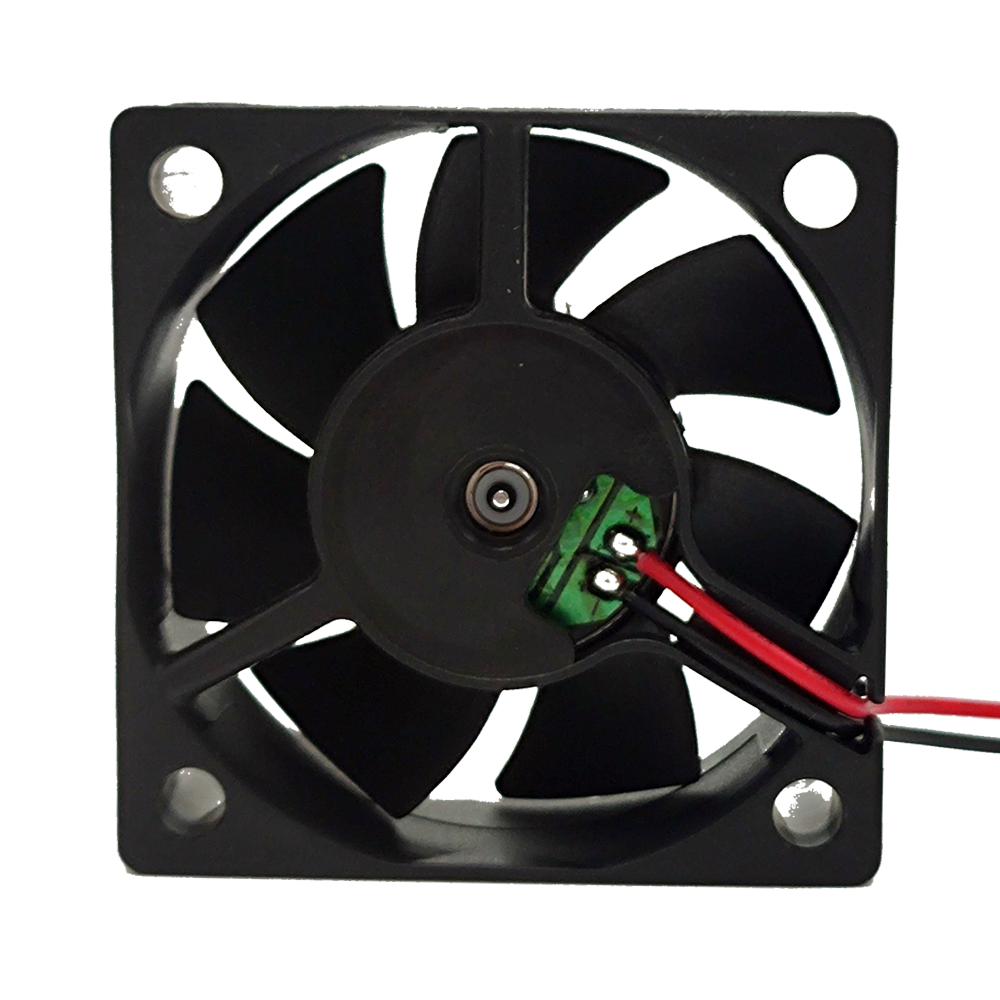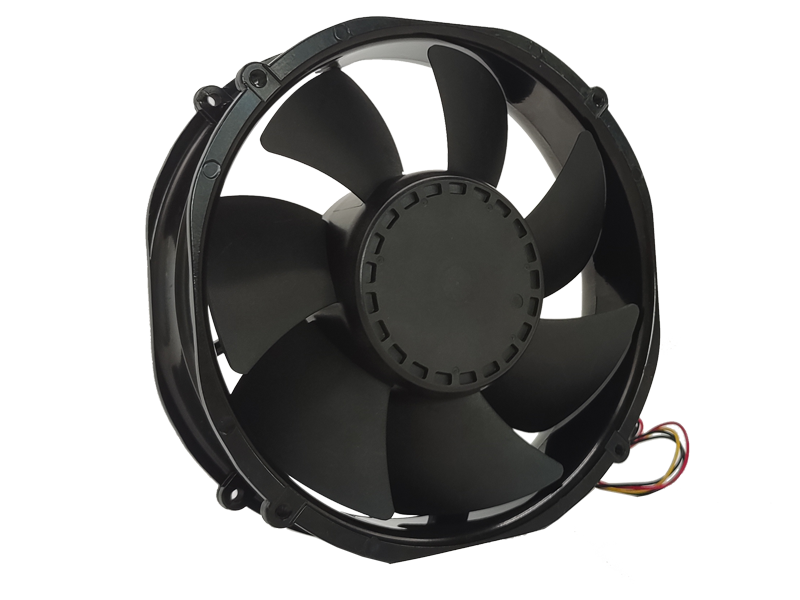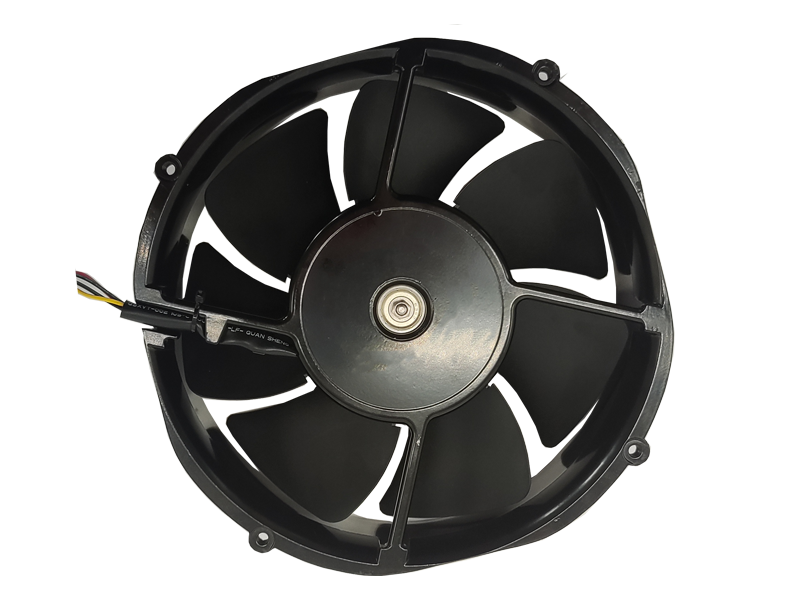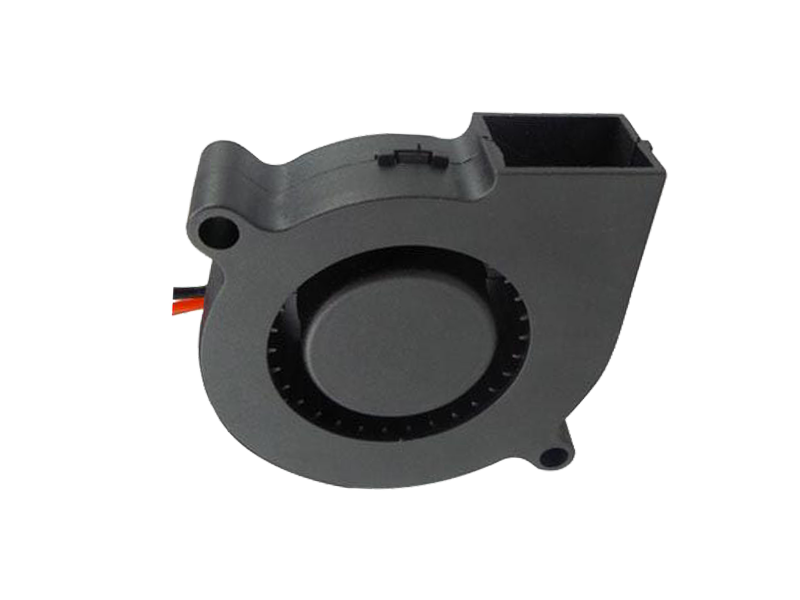Industrial fans are not just tools for moving air; they are vital components that help modern industries maintain efficiency, reduce energy consumption, and meet environmental goals. In a world where sustainability is increasingly prioritized, industrial fans are playing a more significant role than ever in creating eco-friendly and energy-efficient industrial processes.
This article delves into how industrial fans contribute to sustainability, technological innovations, and improved environmental performance within the context of modern industries.
The Role of Industrial Fans in Energy Efficiency
Energy consumption is a major concern for industrial operations. From HVAC systems to manufacturing processes, energy-intensive machinery often consumes large amounts of power. Industrial fans, which are typically used in ventilation, cooling, and exhaust systems, can significantly influence an organization’s energy use and operational costs.
Reducing Cooling and Heating Demands One of the main advantages of industrial fans is their ability to support temperature regulation systems efficiently. By enhancing airflow and optimizing temperature distribution, fans help reduce the burden on air conditioners and heaters. In fact, a well-placed industrial fan can lower cooling and heating needs by as much as 20% in certain environments.
In factories where large machinery generates heat, industrial fans can help by dissipating that heat and keeping the environment cooler, which in turn reduces the need for additional air conditioning. By reducing the reliance on mechanical cooling and heating systems, industrial fans lower energy usage, leading to cost savings and reduced environmental impact.
Minimizing the Carbon Footprint The carbon footprint of a business is largely influenced by its energy consumption. By utilizing energy-efficient industrial fans, companies can reduce their overall energy use and lower their greenhouse gas emissions. Modern fans are designed with energy-saving features, such as variable speed drives (VSDs) and high-efficiency motors, which allow them to adapt to the specific needs of a space and operate more efficiently.
Supporting Renewable Energy Systems Some industries are integrating industrial fans into systems powered by renewable energy sources. For example, wind power plants rely on large industrial fans and turbines to generate energy. By combining industrial fans with solar or wind energy systems, companies can achieve a more sustainable, low-carbon operation.
Technological Innovation and the Future of Industrial Fans
As industries push toward more sustainable and energy-efficient practices, industrial fans are also evolving. New technologies are helping to make fans more effective, quieter, and easier to maintain.
Smart Industrial Fans With the advent of the Internet of Things (IoT), industrial fans are becoming smarter. IoT-enabled fans can collect data in real-time about airflow, temperature, humidity, and energy consumption. This data can be used to optimize fan performance, monitor energy use, and predict maintenance needs. Smart fans can be integrated into larger building management systems (BMS), allowing businesses to monitor and control airflow remotely and ensure that fans are operating efficiently.
Low-Noise and High-Efficiency Designs Noise pollution is a significant concern in many industrial settings, especially in factories and warehouses where workers may be exposed to loud machinery for extended periods. New fan designs focus on minimizing noise while maintaining high efficiency. Advanced blade technology, quieter motors, and sound-dampening materials help reduce noise levels without sacrificing performance.
Durability and Long Life-Cycle The durability of industrial fans has also improved with innovations in materials and construction. High-strength, corrosion-resistant materials like stainless steel and composite alloys are used to build fans that can withstand harsh industrial environments. This means longer service life and less frequent replacement, leading to reduced waste and lower long-term costs for businesses.

Industrial Fans in Sustainable Manufacturing
Sustainability in manufacturing isn’t just about reducing energy consumption—it’s about minimizing waste, improving efficiency, and creating processes that do not harm the environment. Industrial fans play a central role in all these efforts.
Improving Air Quality and Reducing Pollution Many industrial processes release pollutants, chemicals, or particulate matter into the air. Industrial fans equipped with filtration systems can help remove these contaminants, preventing them from spreading into the environment. Whether it's smoke from welding, fumes from chemical processing, or dust from grinding, industrial fans equipped with scrubbers, filters, or cyclonic systems ensure that harmful emissions are removed from the air before they reach the outside environment.
Optimizing Production Processes In manufacturing, airflow plays a key role in product quality. Whether it’s maintaining the right temperature in a production line or preventing contamination from airborne particles, industrial fans help optimize conditions for manufacturing. Fans help ensure that processes like drying, curing, and cooling are performed more efficiently, leading to better product outcomes and reduced resource usage.
Recycling and Waste Management Industrial fans are also used in waste management systems, particularly in the recycling industry. Large-scale sorting and recycling plants often generate a lot of dust and air pollutants. Industrial fans are used to move materials and ensure that the air remains clean during the sorting process. Fans are also critical in systems designed to recycle heat or waste energy within manufacturing processes, ensuring that energy is not wasted but rather reused within the system.
Conclusion
The evolution of industrial fans from simple ventilation tools to sophisticated, energy-efficient systems has had a profound impact on industries seeking to become more sustainable. With their role in energy efficiency, reduction of carbon footprints, and integration with smart technologies, industrial fans are playing a key role in shaping the future of eco-friendly industrial operations. As technology advances, we can expect industrial fans to become even more integral to the sustainability efforts of modern industry.
Recommended Products

The main purpose:Car charging station

The main purpose:Car charging station

The main purpose:Electronic refrigerators, water dispensers, direct drinking machines, inverter power supplies
Address:No. 4137, Longgang Avenue (Henggang Section), Henggang Community, Henggang Street, Longgang District, Shenzhen
hotline:13530005572(Chen)15112579390(Li)


Welcome all friends to come for consultation and negotiation.
Copyright 2024 @ Shenzhen Youneng Xinyuan Electronics Co., Ltd.,(industrial fans,industrial blowers,axial fans,cooling fans manufacturer,centrifugal fans,ac cooling fans,dc cooling fans)